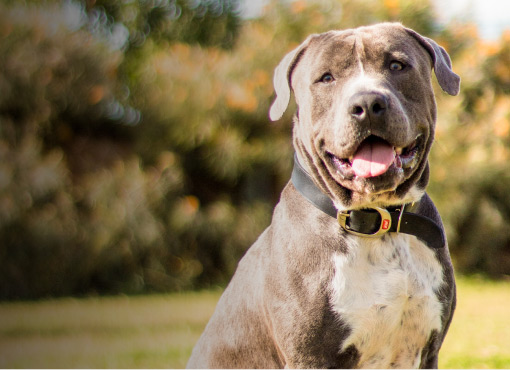A small amount of cooked vegetables (think carrots or beans) can be added to your dog’s diet, along with a little plain pasta or rice. Cooked eggs, or a spoonful of plain yoghurt, can also be stirred in. Oily, tinned fish (such as salmon, tuna or sardines) can be fed occasionally and are nourishing for your dog’s coat.
For dessert, the ultimate dog-safe treat is peanut butter! A little each day served in a Kong, or another enrichment toy (like these), is a great boredom-buster for your pup.
Many pet owners are aware that chocolate should be banned from a doggie diet, but there are some other restricted foods which may surprise you. Avocado, while being the brunch favourite for many of us, should never be fed to dogs, along with mushrooms or unripe tomatoes. Onions or garlic should also be strictly avoided, as these are toxic to dogs. While peanut butter is fine for a treat, other whole nuts (especially macadamia varieties) are poisonous for your pet.It may seem obvious, but alcohol and caffeine should never be fed to your pets (so no ‘Puppuccinos’ allowed!). Bread dough contains yeast that will swell in your pup’s tummy, so keep them away from your baking supplies. Food still containing seeds, pips, stones or corn cobs can puncture your dog’s intestines. Also, steer clear of food that is overly fatty, salty, spiced or has been artificially sweetened, as this may be fatal.
Just like humans, every dog is different. Some dogs may be older, or have misshapen jaws that may prevent them from enjoying gnawing on a bone. Other dogs are lactose intolerant, and should avoid dairy. By choosing the right foods, and carefully monitoring your pet’s eating habits, your dog can be happily included in your cooking routine.



